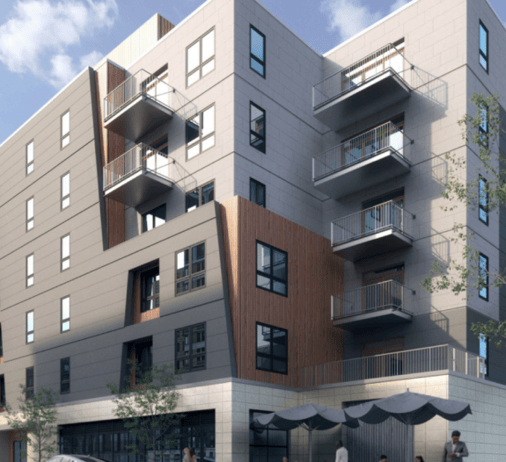The Power of Leverage and Appreciation

Real estate is an excellent place to invest your money and can be very lucrative. One of the major reasons is with the ability to use high leverage. As a buyer, leverage provides you with a low-money-down option to invest in real estate and at the same time it increases your “cash on cash return” because financial leverage multiplies the power of every dollar you put to work. Real estate also has the major benefit of future appreciation. Historically property values have increased steadily over time and have always recuperated from down cycles and dips. Despite that, there are still opportunities to be had, meaning you might be able to get a good investment for less than you originally thought. Location is one of the most very important factors in realizing future appreciation, which can realized by neighborhood progression and increasing demand. Lastly, what makes real estate investment exciting is you can directly control value growth through home improvements and renovation. While interest rates are currently still near historic lows – it’s a great time to use leverage to build equity in this highly appreciable asset.
LEVERAGE
Leverage grants buyers the opportunity for increased returns by affording them the financial flexibility to only put down a portion of the funds. The common real estate purchase requirement is a 20% down payment with an 80% LTV (loan to value), and you can even put less money down with mortgage insurance. Right now money is cheap, meaning borrowing costs are still very low. According to Freddie Mac, over the past 45 years interest rates on the 30-year fixed-rate mortgage have ranged from as high as 18.63% in 1981 to as low as 3.31% in 2012. While rates have started to rise, you currently can lock in a 4-5% US 30-year mortgage rate, which is still well below the average 1971-2017 mortgage rate of 8.12%. This makes today an ideal time to take on a mortgage, as mortgage rates will continue to rise with an anticipated five to six interest rate hikes by mid-2019.
APPRECIATION
Another compelling reason to invest in real estate is property appreciation. Historically, property values have increased over time despite any down cycles in the economy (unless the land was deemed unusable) and home prices have consistently recuperated from drops caused by periodic downturns in the real estate market.
Let’s say you buy an $800,000 home or condo, putting down 20% or $160,000 of your own capital. A survey of 110 economists, real estate experts and investment and market strategists asked panelists to predict the path of the U.S. Zillow Home Value Index through 2018 as well as solicited opinions on investor activity and federal monetary policy. Overall, the panel predicted an average annual pace of 3.7% appreciation for the next five years. For comparison, the price of existing homes increased by an average 5.4% annually from 1968 to 2009, according to The National Association of Realtors. Using a relatively conservative historical annual appreciation rate for existing homes of 4%, your home value after 5 years (growing at 4% annually), will be worth $973,322 (+$173k above your purchase price). Through appreciation, you can more than double the equity of your initial investment in 5 years ($160k + $173k).
- Population growth, neighborhood progression and new development: Real estate can also increase in value through these three factors. This is particularly relevant to residential properties, where location is often the biggest factor in home price appreciation. Hence, the most common real estate term—location, location, location! Location is very important, as the condition of a house can change, but the location never will. Your home can increase in value if the neighborhood or neighborhoods around your property evolves and is modernized. An area can also improve due to new development, public works projects, such as building new schools, adding public transportation, new shopping centers, and upgrading parks or playgrounds. A great example is South Boston. Neighboring Seaport development and neighborhood evolution, which has led to the average home price in South Boston nearly doubling since 2012; where average home prices rose from $367,000 in January of 2012 to roughly $700,000 today.
- Home Improvements: Lastly, property owners can generate price appreciation by investing in home improvements A homeowner can add a lot of value to their property by adding square footage; for example by adding a basement. Other area focused on to get a bump in sales price is remodeling the kitchen, bathrooms, adding a deck, new roof, fresh coat of paint etc.
- That being said, not all properties are good investments. You still have to be very careful to ensure you invest in the right property, at the right price, and in the right location. You should buy smart: don’t overpay in the wrong location and know the comps. Most importantly, choose something you’re comfortable with.
This is where I come in as your advisor. Remember, brokerage fees are paid for by the seller, so for the buyer it is free advice. I can assist you in finding a property, which is a good investment and, most importantly, suits your needs. While the Boston real estate market has consistently appreciated in value since 2008 years (causing buyers to feel “priced out” of certain areas), there are still plenty of opportunities to find great investments. You can reach me: here or you can call/email me anytime.
CHARLESGATE REALTY
d: 617.794.4045
